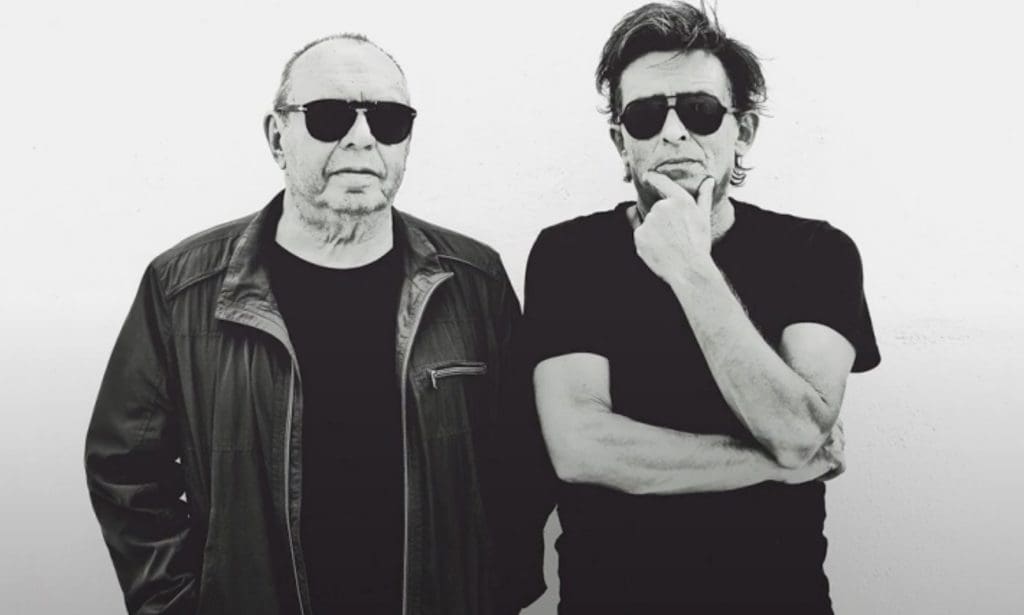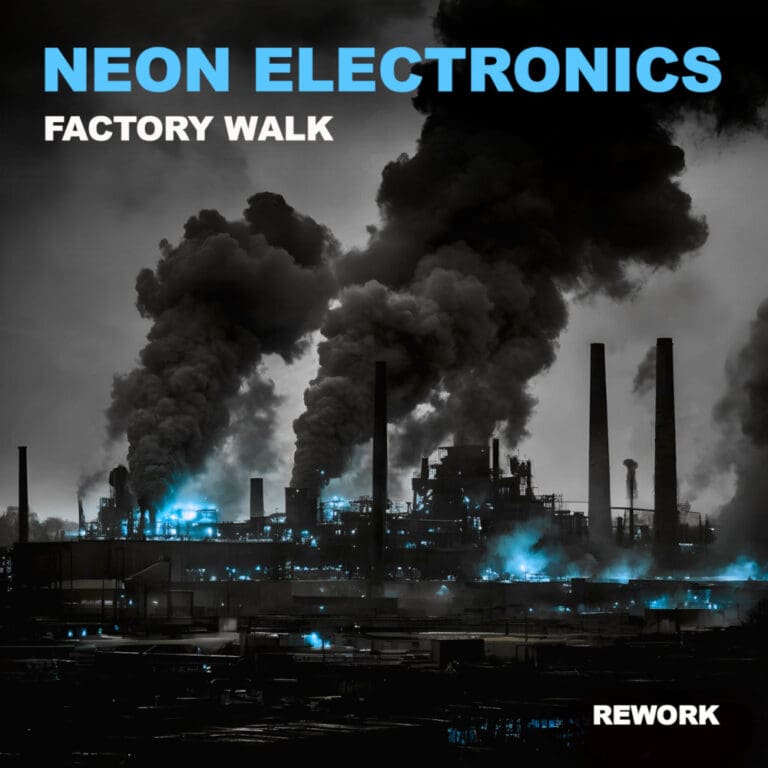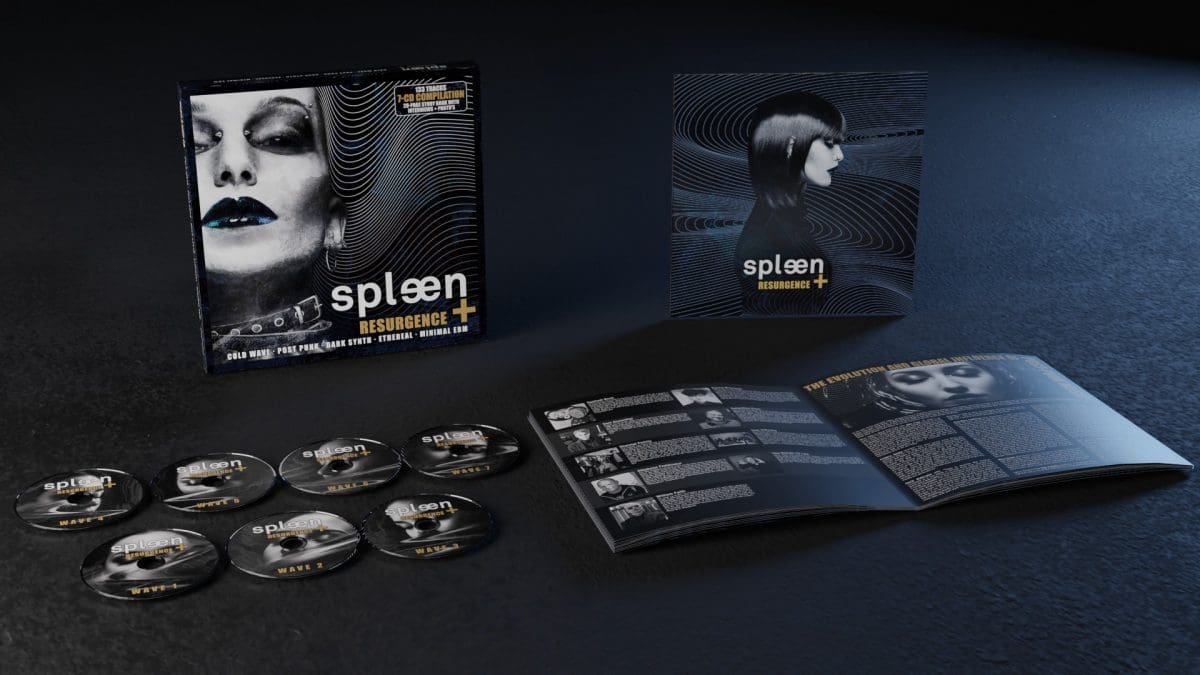Jean-Marie Aerts, an icon in the Belgian music scene, is dead

Jean-Marie Aerts and Dirk Da Davo
Musician Jean-Marie Aerts (72) has passed away after a prolonged illness, his wife Miet Ongena has announced. Aerts was best known as the guitarist for T.C. Matic (with the late Arno) and as a producer of over 200 Belgian and international albums.
To our readers he is mostly known for his work with bands such as Elisa Waut, Red Zebra, Luc Van Acker, The Neon Judgement, Arbeid Adelt!, and Jo Lemaire. He also later collaborated with Dirk Da Davo (The Neon Judgement). Below is an interview with Dirk and Jean-Marie in Dutch followed by a few productions he worked on.
Aerts’ first real job as a guitarist came through Vincent Rouffaer at the Royal Flemish Theatre in Brussels. Rouffaer, a classmate from the Rits and son of actor Senne Rouffaer, told Aerts that his father needed a guitarist for the play “As You Like It” by William Shakespeare. Aerts also studied music theory for one year, but admitted later on he couldn’t make much use of it throughout his entire career.
His first band was Split, led by Luk Vankessel. Aerts enjoyed experimenting with sounds and claims to be the first Belgian guitarist to turn his amplifier up to maximum volume, solely for the effect of the distortion.
Aerts achieved his first success as the guitarist for T.C. Matic, the band of the then very young Arno, who died two years ago. The group became one of the first major Belgian rock bands and had hits with classics like “Oh La La La” and “Putain Putain,” with Aerts’ guitar playing significantly contributing to the band’s recognizable and successful sound. However, an international career was not in the cards due to the lack of suitable management in Belgium at the time.
After T.C. Matic, Jean-Marie Aerts began a solo career with the group JMX and also produced music for artists.
An icon. Our sincere condolences to his family and friends.
Since you’re here …
… we have a small favour to ask. More people are reading Side-Line Magazine than ever but advertising revenues across the media are falling fast. Unlike many news organisations, we haven’t put up a paywall – we want to keep our journalism as open as we can - and we refuse to add annoying advertising. So you can see why we need to ask for your help.
Side-Line’s independent journalism takes a lot of time, money and hard work to produce. But we do it because we want to push the artists we like and who are equally fighting to survive.
If everyone who reads our reporting, who likes it, helps fund it, our future would be much more secure. For as little as 5 US$, you can support Side-Line Magazine – and it only takes a minute. Thank you.
The donations are safely powered by Paypal.










